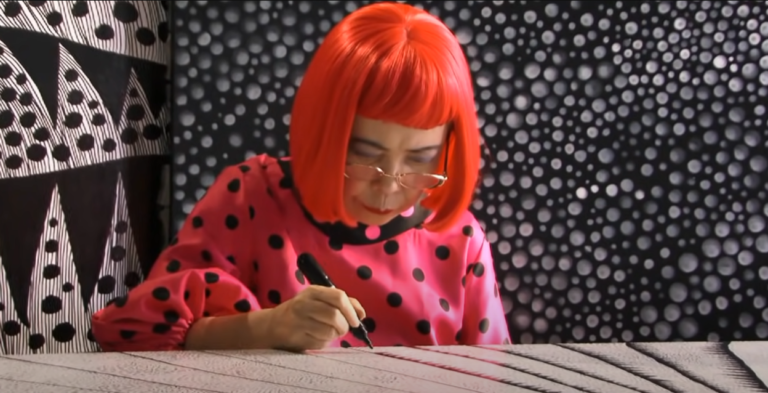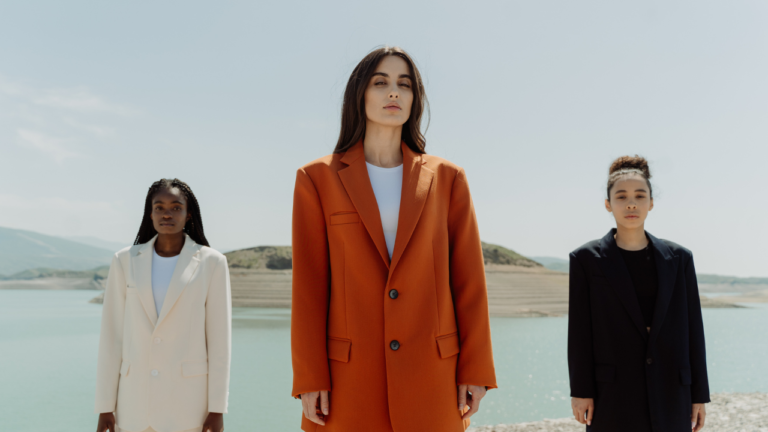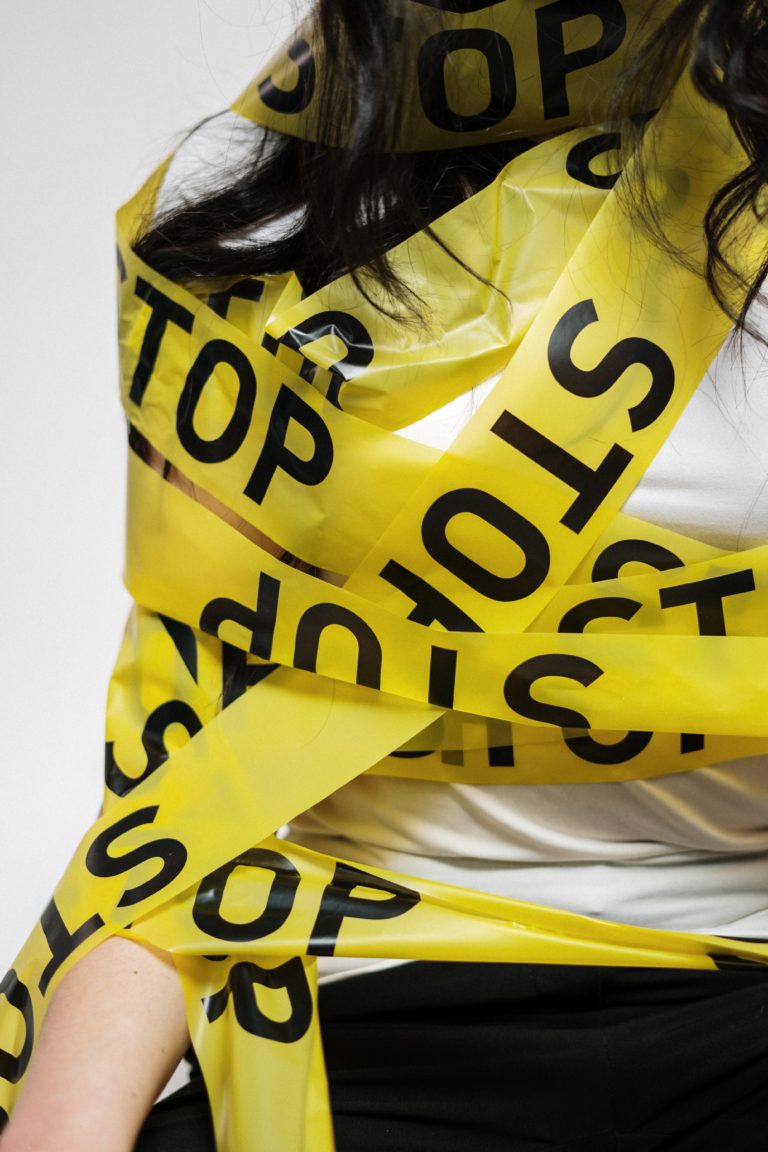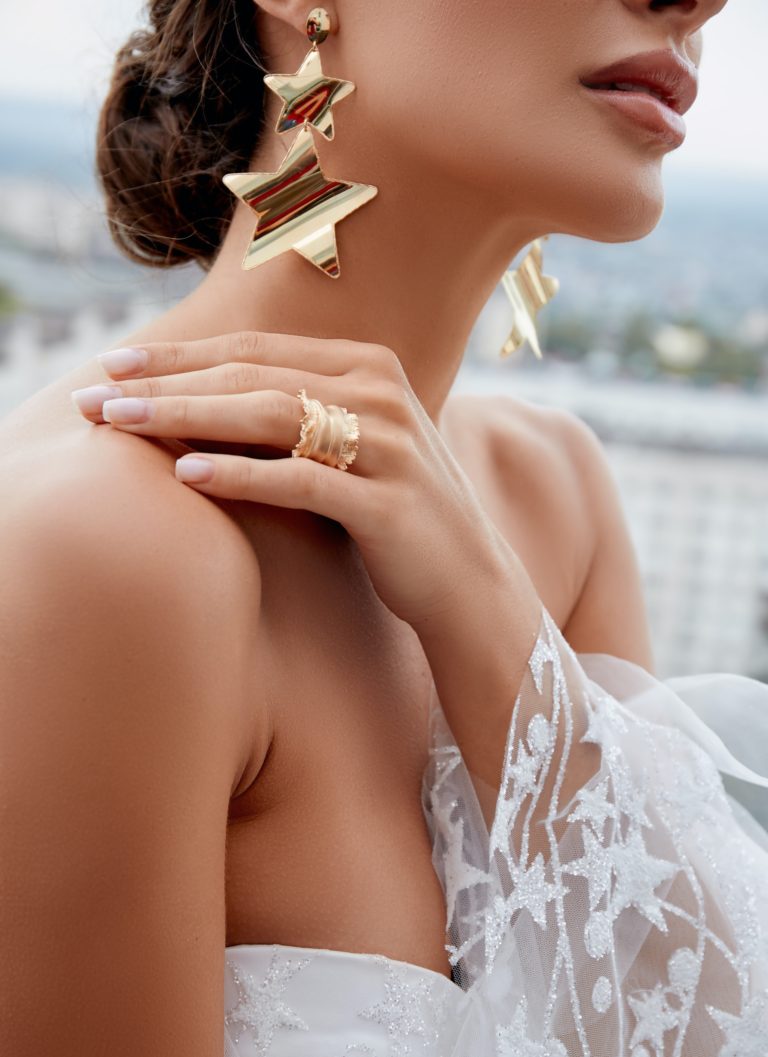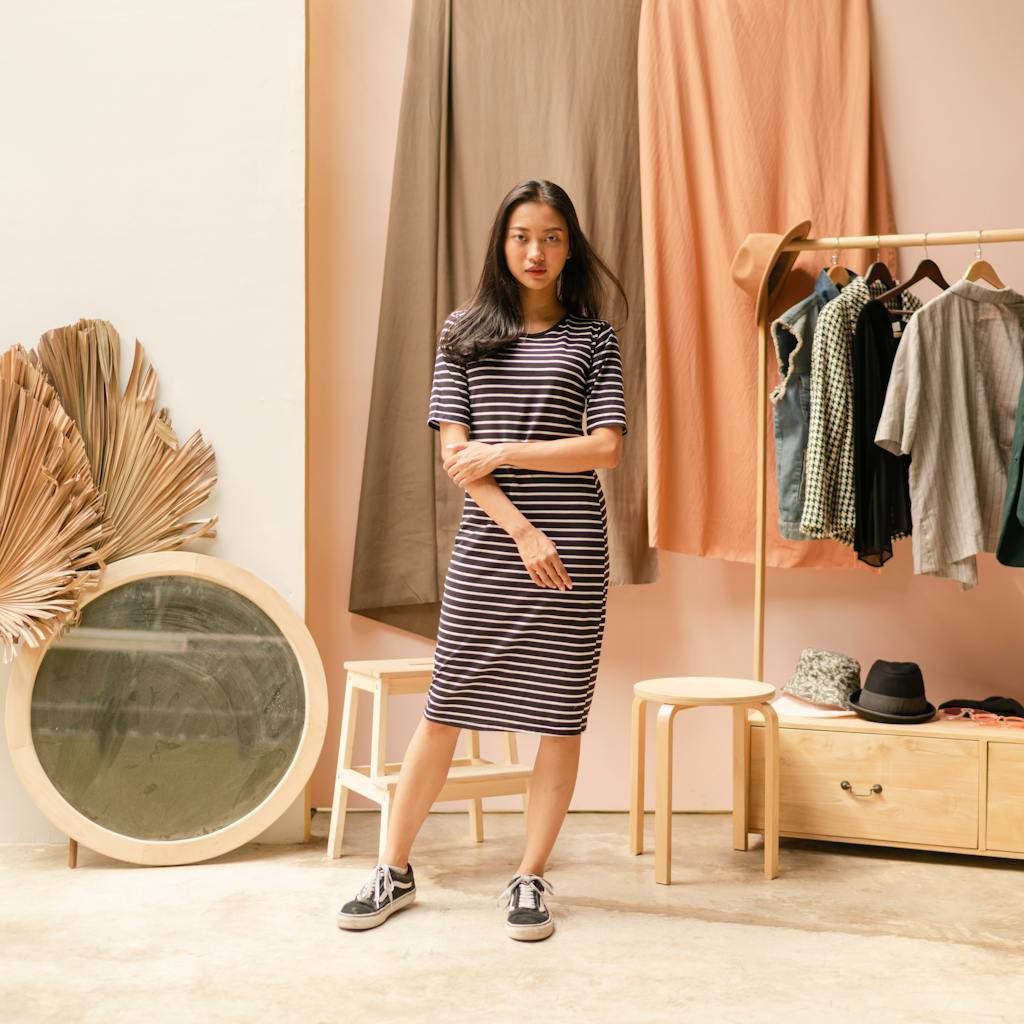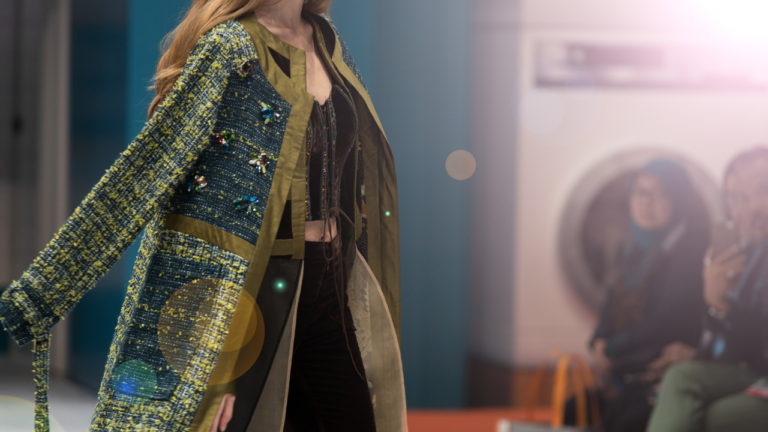Who Decides: Which Designers Get To Show During Fashion Week?
Fashion Week is a larger than life event, with so many designers vying to be part of the event, who decides who gets to participate?
Officially, there are several key decision-makers involved in the process, Fashion Councils, Brand Prestige, Major Fashion Houses, Sponsors, etc. If a designer manages to get the approval of one or more of these factors, it greatly increases the chances that they will be on the official fashion week schedule.
Technically, all designers are given the opportunity to present their work during fashion week. They could book an event space and hold a fashion show, inviting the public to watch. However, most designers aspire to be on the Official Fashion Week schedule because it increases publicity for them, letting the general public and media know to keep an eye out for their collection.
Ultimately, the selection process is highly competitive and many factors come into play, but let’s start off with one of the most important key player, the fashion councils who own the official fashion week schedules and oversee the selection process.
Key Takeaways
- The selection process for designers to showcase their work during Fashion Week is highly competitive and involves several key decision-makers.
- Criteria for selection typically include the designer’s reputation, creativity, and marketability, as well as their ability to meet the logistical and economic demands of the event.
- Sponsors and partners, media and press, and economic and logistical considerations all play a significant role in the selection process.
Fashion Week Fashion Councils
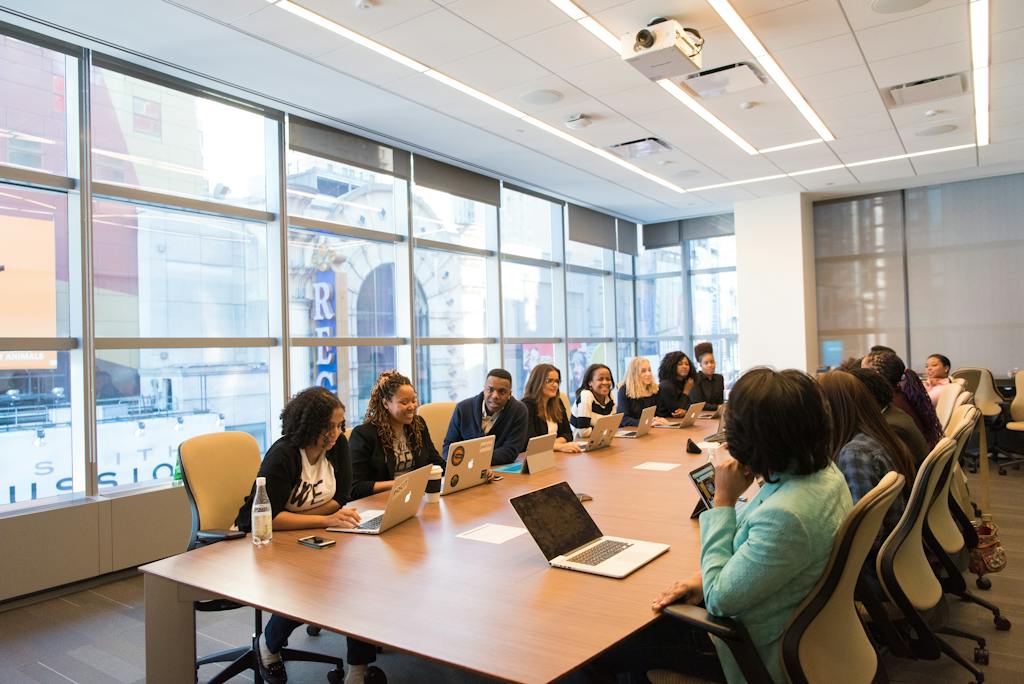
The big 4 fashion weeks, New York, London, Milan and Paris are each coordinated by their own individual fashion councils that ensure their fashion weeks are held back to back. Since fashion week is an event held twice a year in major cities across the world, particularly in these 4 big cities, the councils arrange everything from the dates, to the official schedules and announces which brands will be part of fashion week.
In New York, the event is organized by the Council of Fashion Designers of America (CFDA) in which oversees the selection of designers who will participate in the event. The selection process is based on various factors, including the designer’s reputation, their previous collections, and their contribution to the fashion industry.
In London it is the British Fashion Council (BFC), a not-for-profit organization that aims to further the interests of the British fashion industry and its designer businesses by harnessing and sharing collective knowledge, experience and resources of the sector.
In Milan, it is the Camera Nazionale della Moda Italiana (The National Chamber for Italian Fashion) is the non profit making Association which disciplines, co-ordinates and promotes the development of Italian Fashion.
In Paris it is the Fédération de la Haute Couture et de la Mode, widely known for regulating which brands can use the term ‘Haute Couture’ that coordinates both Paris Fashion Week and Haute Couture Week.
Fashion councils are usually made up of industry professionals, including designers, editors, and retailers, who work together to promote the fashion industry and support emerging talent. In many cases, fashion councils are responsible for selecting which designers will be showcased during fashion week. Some fashion weeks such as the CFDA have put in place a formal application process for designer inclusion on the Official Schedule.
The selection process for designers to participate in Fashion Week is highly competitive, with only a limited number of slots available. Designers who are selected to participate in the event are often considered to be at the forefront of the fashion industry, most likely already have a social following and have a significant impact on the trends that will be popular in the coming season.
Event Organizers

Event organizers are responsible for the logistics of fashion week, including securing venues, hiring staff, and managing the schedule. These organizers work closely with fashion councils and designers to ensure that everything runs smoothly during the event.
Inevitably, when organizing a fashion week there can only be so many designers on the schedule and they ensure that there is diversity and that the flow of designers, who comes first, 2nd, last, so on so forth is thought about as well, which is why they also play a key role in selecting which designers will be featured during fashion week.
Brand Prestige
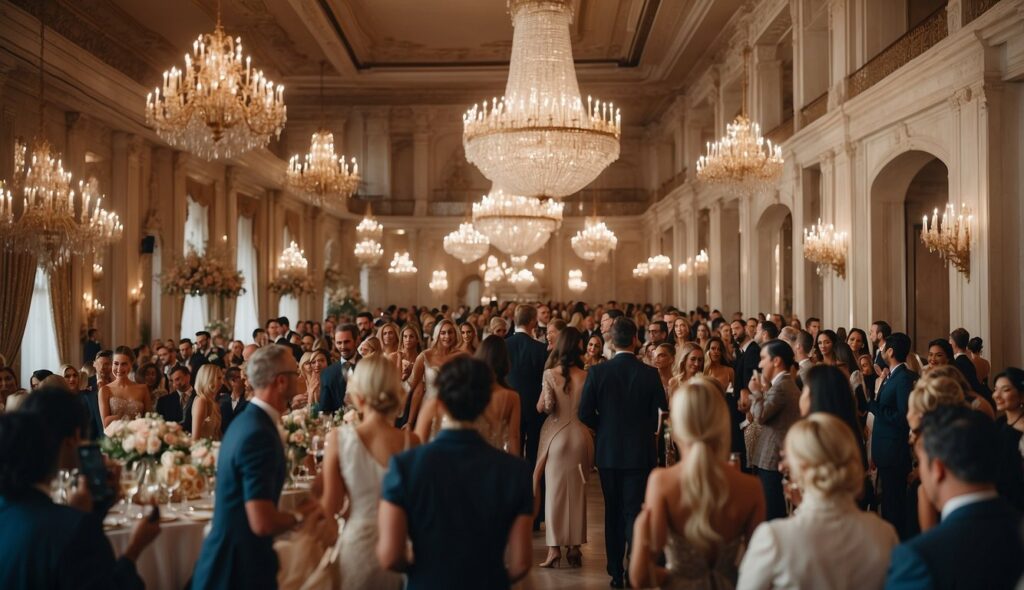
The prestige of a brand is a crucial factor in determining whether a designer will be selected to participate in Fashion Week. Established brands with a strong reputation in the fashion industry are more likely to be selected than newer or lesser-known brands. For example, well-known brands like Gucci, Chanel, and Louis Vuitton are almost always invited to participate in Fashion Week.
For fashion week to be successful the general public has to have some interest in them, and going to their shows. This helps fashion weeks to continuously garner interest. Not to mention, brands with prestige usually have more money to host after parties, cocktail parties and other events around the city before and after their fashion show which helps boost the economy.
Major Fashion Houses
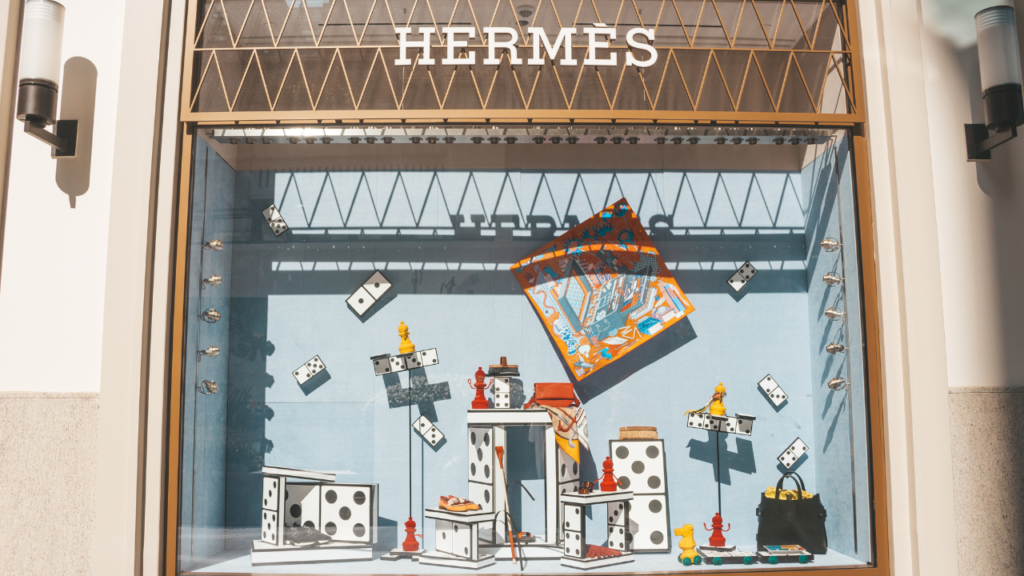
Major fashion houses, such as Chanel, Gucci, and Prada, which are always invited to fashion week also have a significant influence on upcoming designers showcased during fashion week. These houses often have their own shows during fashion week and are able to use their clout to influence which designers are selected to participate in the event because these designers may have originally studied in their house.
As such major fashion houses could also sponsor and help upcoming designers to learn and grow. Major fashion houses host many internships to help the growth of future fashion designers. They do this in the hopes to push fashion forward and it increases the possibility of collaborating in the future and even perhaps honing them into their future Creative Director.
Designer Credentials

The credentials of the designer are also an important factor in the selection process. Designers who have won awards, worked for prestigious fashion houses, or have a strong portfolio are more likely to be selected. The selection committee looks for designers who have a unique vision and can bring something new to the table.
What The Application and Selection Process Is Like
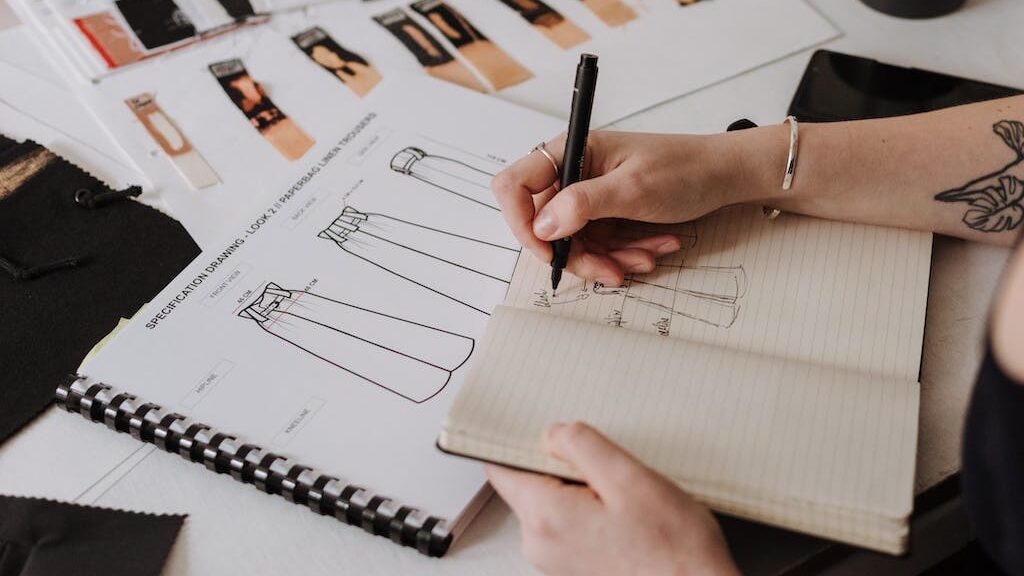
Generally, designers must submit an application to the event organizers, which includes details about their brand, their latest collection, and their previous experience in the fashion industry. The application may also require designers to submit sketches or photos of their designs.
Once the application deadline has passed, a selection committee reviews the applications and selects the designers who will participate in the event. The selection committee is usually made up of industry professionals, including fashion editors, buyers, and other designers.
The selection committee considers a variety of factors when choosing which designers to showcase at Fashion Week. They may look at the designer’s previous collections, their unique aesthetic, their potential market appeal, and their ability to create a cohesive and impactful runway show.
Even if a designer is not selected for Fashion Week, they may still have the opportunity to showcase their collection at other fashion events or through other channels, such as social media or their own website.
Overall, the application and selection process for Fashion Week is rigorous and competitive, but it provides designers with a valuable opportunity to showcase their work and gain exposure in the fashion industry.
Role of Sponsors and Partners
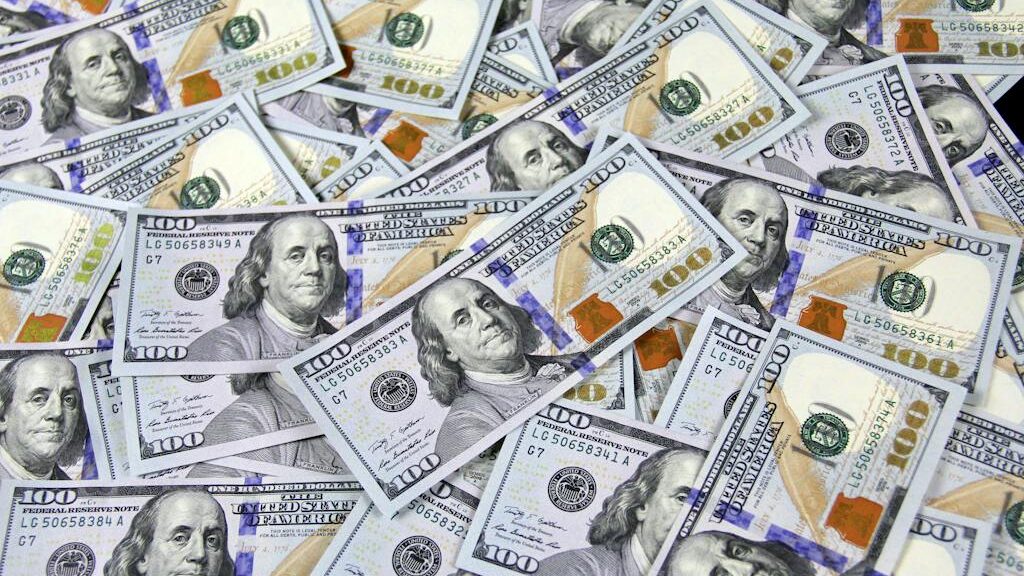
Sponsors and partners play a significant role in determining which designers get a fashion show during fashion week. They provide financial support and resources to designers, which can help them secure a spot in the fashion week lineup. In return, sponsors and partners benefit from the exposure and publicity generated by the event.
One way sponsors and partners influence the selection process is by offering designers resources such as venues, production teams, and marketing support. For example, a sponsor may offer a designer the use of their event space, which can be a significant cost savings for the designer. Or a partner may provide a production team to help with the logistics of putting on a fashion show. These resources can give designers an edge when it comes to securing a spot in the fashion week lineup.
Another way sponsors and partners impact the selection process is through their relationships with fashion week organizers. Sponsors and partners often have close ties with fashion week organizers and can use their influence to advocate for designers they support. This can be particularly helpful for emerging designers who may not have the same level of industry connections as established designers.
Influence of Media and Press
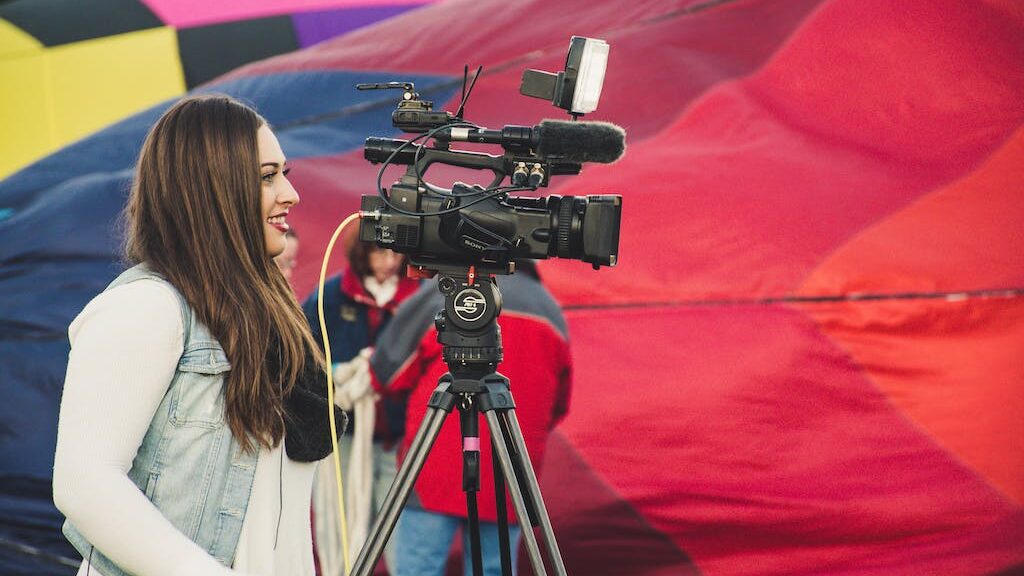
If designers have an “in” with fashion editors and journalists, which have the power to make or break a designer’s career they could help them score a place in fashion week. They can give a designer’s collection rave reviews or criticize it harshly, which can impact the designer’s reputation and sales. Therefore, designers often strive to get their collections in front of influential fashion editors and journalists to increase their chances of getting positive coverage.
Secondly, fashion publications and media outlets have the power to shape the narrative around fashion week. They can highlight certain designers and trends, while ignoring others. This can impact which designers get noticed by buyers, influencers, and consumers, ultimately impacting their success.
The influence of social media has also given rise to a new breed of fashion influencers who can make or break a designer’s reputation with a single post. Therefore, designers collaborate with influencers to promote their collections and increase their visibility during fashion week.
Fashion Week Ups The Stake For Everyone
Not only is it hard to get a spot as a designer to be part of fashion week, it is also hard to get an invitation to fashion week. It is a big exciting event that many people love and want to be a part of. However, spots are limited and the fact that everything feels so exclusive only ups the stakes and increases the publicity for fashion weeks across the world.
